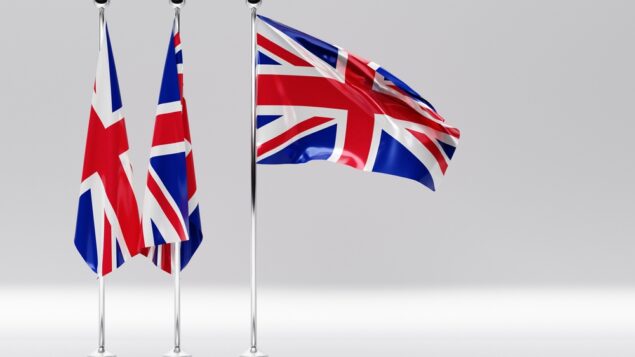LONDON – When I arrived in the United Kingdom in 2014, I encountered an endless debate about Scottish independence, which had always seemed harmless to me.
But I have learned in these ten years that the English love debate for debate’s sake, above all, because they believe in the power of exchanging ideas and testing hypotheses.
I have found this same behavior in private companies here, which gave me the impression that it was a huge waste of time. However, today I realize the power of generating discussions from different perspectives to improve decisions.
I was surprised at the way the Department for International Trade (DIT) took an interest in my decision to come and do business in the UK. Then I saw that in addition to the government’s strategy to encourage business, the entire English civil service is focused on ensuring citizenship.
I saw in Elizabeth II a model of how to deal with public affairs with discipline – and a sense that the example came from above. The Queen had seen her son stripped of his royal titles for his involvement in a scandal. So I had the unique experience of living in a liberal democracy, defined by equality of opportunity and promoted by public policy. It is not perfect, but there is clearly a desire to improve it.
On June 24, 2016, insomnia made me wake up at 3am, shocked to see that Brexit had won, contrary to all the polls, with 51% of the vote.
I consider this the most stupid decision any country has ever made – after all, why would it give up being the financial center of the European bloc, especially being within the European Community and having its own currency?
For me, it was clear that the economic elite would push the world to backtrack on this decision before it was implemented. My conviction did not last long, because everyone I asked got the same answer: “I am against it, but it took us a long time to build our democracy, so it would not be a mistake to hold elections.” He would not be honored.
We all learned later that this was the first election in which the far right used techniques of truth manipulation, and we understood what Cambridge Analytica and other tools were.
Yet the British have stuck to their word without batting an eyelid. In those ten years, I have seen the dominance of the English Conservative Party wither away through one mistake after another – to the point that on the 4th of the month, the Labour Party achieved a historic victory, winning 412 of the 621 seats in Parliament.
I have seen Labour change its leadership radically – from the far left of Corbyn to the ‘quasi-Blairite’ Sir Keir. A big break after 14 years.
The baton was passed, as always, in a single day. And a single-day transition is only possible when the transfer of power is a valuable and expected part of the process. The Conservatives, exhausted, are leaving the government smaller than ever, but they wish good luck to those who arrive.
In his final speech as prime minister, Rishi Sunak said: “Although he was my political opponent, Sir Keir Starmer will soon become our Prime Minister. In that role his successes will be our successes, and I wish him and his family all the best.”
After 10 years, I have come to believe that debate is part of the process of living in society, and should be taught in schools; that public policy is the foundation of liberal democracy; that voting is sacred; that many mistakes can be made in government, but there is always a way to correct them, as long as the basic principles of the rule of law are a value to each of us, guaranteed by the peaceful and civilized transfer of power.
Amidst the dissonance of radical voices that we witness in the politics of some countries, and amidst the digital transformation environment that fascinates and threatens the world the current situation Amid the bigotry that dominates public debate, the example of the United Kingdom is a breath of fresh air.
Versen Lambranho is Chairman of GP Investments and G2D.
Versin Lambranho

“Writer. Analyst. Avid travel maven. Devoted twitter guru. Unapologetic pop culture expert. General zombie enthusiast.”

